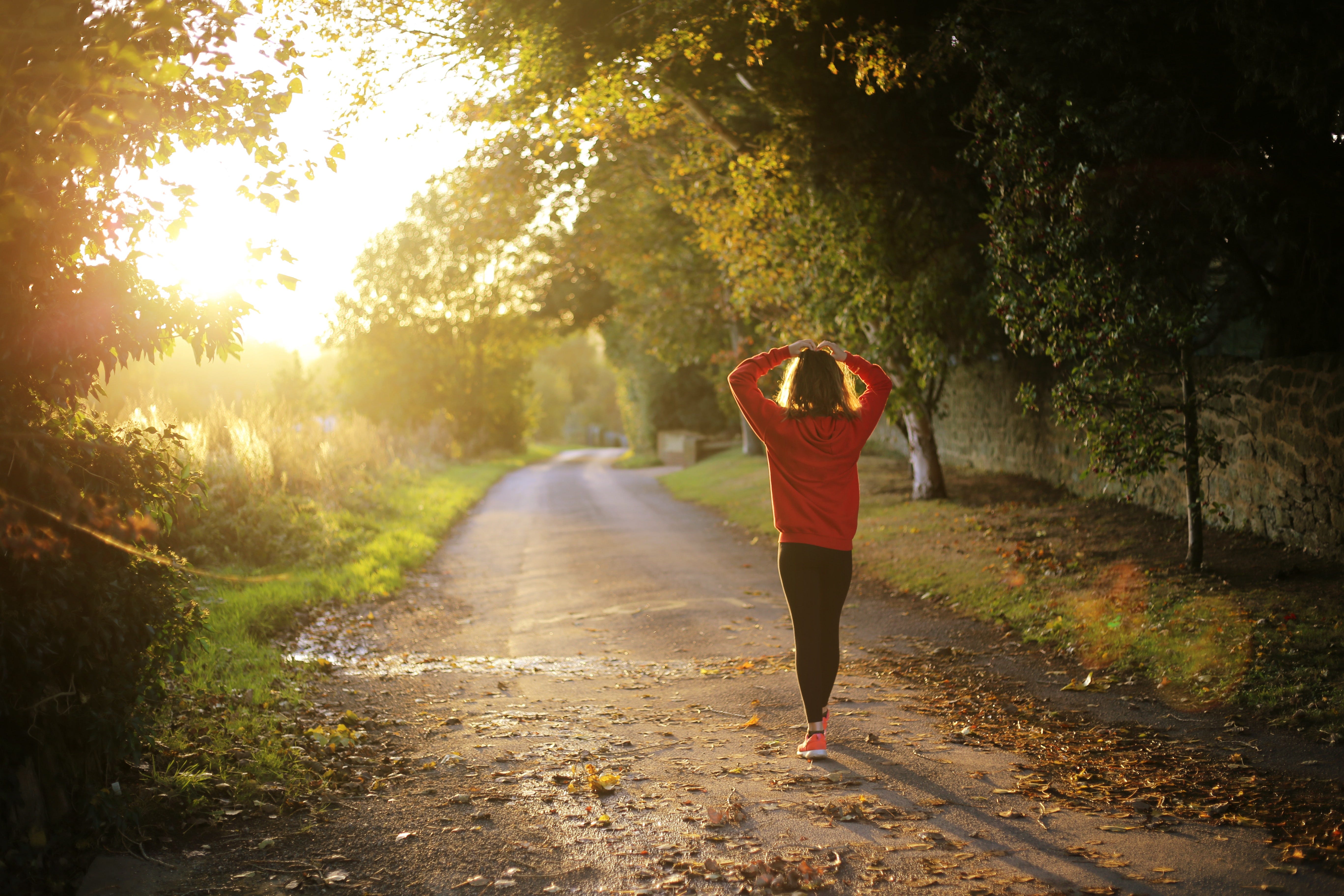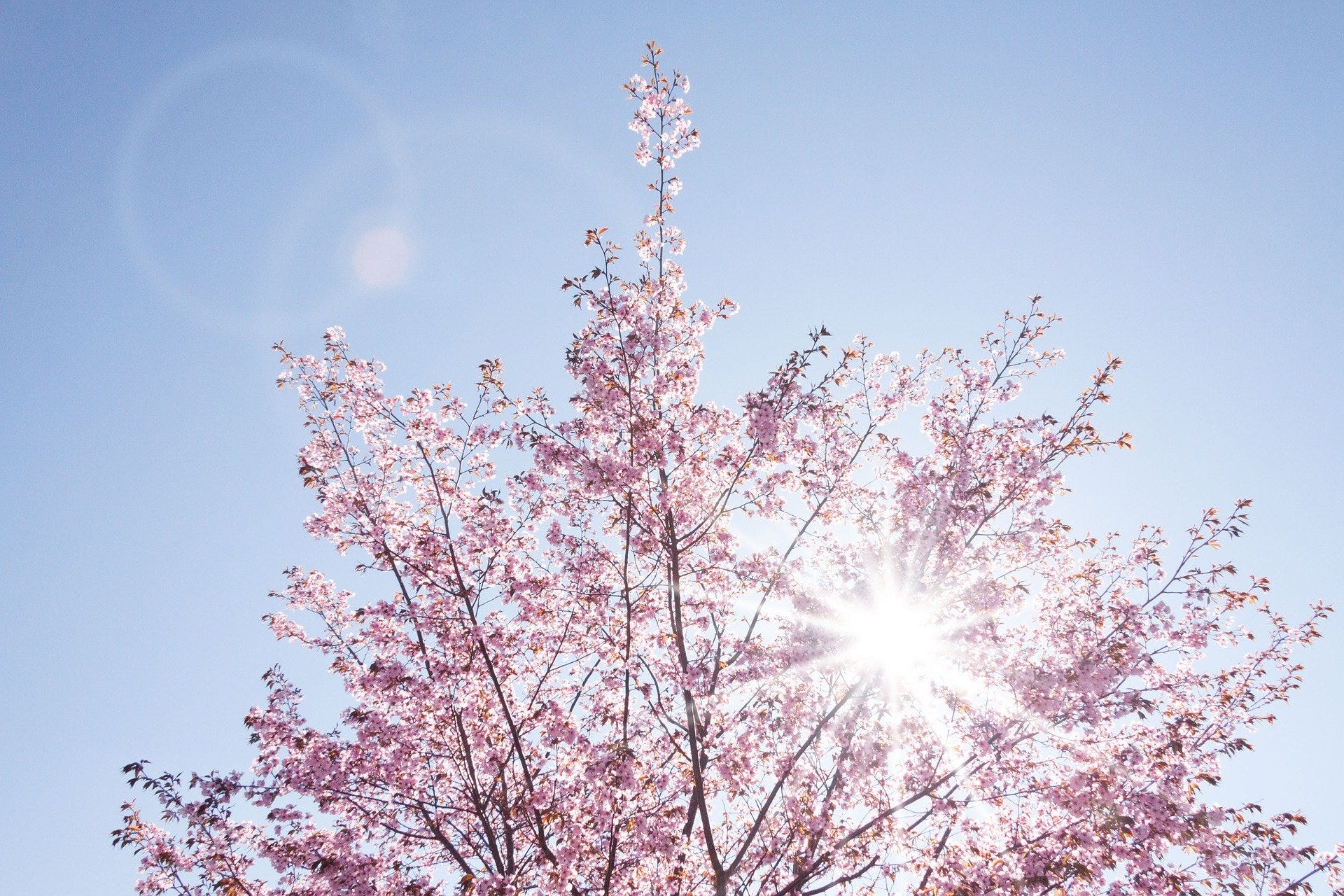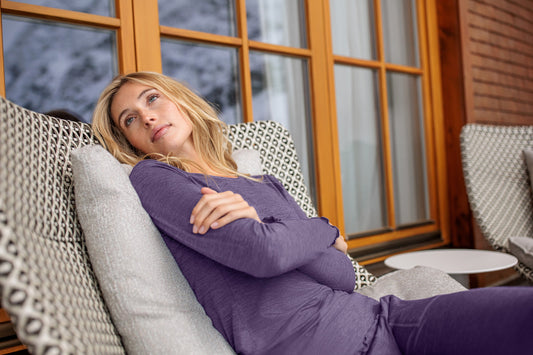Guest post by Christine Blume
About one-third of the adult population in Europe complains about relevant sleep problems. That is, under normal circumstances. The situation brought about by COVID-19 makes many aspects of our lives more challenging — and it may also affect our sleep. While some report sleeping much better as they are finally freed from the rigid girdle of working hours and self-imposed leisure stress, others may experience distress or anxiety and trouble with sleeping.
1. Work-life-sleep balance
We are rhythm-driven creatures, our body likes routines. In several studies, participants who described their sleep times as more regular, that is, when they were going to bed and getting up at about the same time every day, also reported sleeping better. Moreover, in times when work is often just a few steps away and social life is lying idle, we should make sure not to work too much and also allow for some time off.
Expert advice: Start and finish work at the same time every day, meet your colleagues for virtual coffee breaks, and don’t forget to schedule enough ‘me time’. Go to bed for 7–9 hours of sleep at the same time every day.

2. Don’t strike roots — stay active
With just a few steps around the coffee machine and over to your desk, many of us have recently become less active. However, physical activity is known to improve sleep. Science shows that after having been physically active, we fall asleep faster and sleep a little longer. These beneficial effects are most pronounced when the workout takes place 4–8 hours before sleep.
Expert advice: Moderately exercise every day. Go for a walk or run — or work out at home. This can also be a nice routine to conclude the workday.
3. Get your daily dose of daylight
Home office, physical distancing — leaving the house is currently best avoided. Thus, many of us now spend more time indoors than ever before. However, sufficient exposure to bright natural daylight is important for good sleep. It renders you more tired in the evening, decreases the time needed to fall asleep, and increases sleep quality. In this context, an influential study demonstrated that, if you cannot sleep well, going camping might be the right thing to do. In fact, the exposure to bright natural light during a weekend outside in the mountains was enough for volunteers to realign their sleep-wake cycles with the natural course of daylight — and reinstating this equilibrium can improve sleep. Moreover, high doses of daylight also seemed to boost the vespertine secretion of melatonin, a hormone that helps you fall asleep.
Expert advice: Spend at least 30–60 minutes per day under the open sky, preferably in the morning. If you cannot leave the house, spend sufficient time close to a window.

4. Smartphones in bed — not so smart
Home office, video chatting, streaming videos until late in the night — screen time is probably sky-rocketing these days. However, in the evening, the light from screens can interfere with the biological processes that generally prepare our bodies for sleep — and thus impair sleep. According to a study in adolescents, participants reading on an e-reader compared to a physical book reported being more alert in the evening. They needed about ten minutes longer to fall asleep, and were more tired in the morning. Besides this, smartphone ownership alone has also been linked to sleep problems and shorter sleep. This indicates that their role as entertainment devices may be problematic. They keep us chatting, posting, tweeting, and checking the latest COVID-19 news — for too long!
Expert advice: Use your devices’ nightshift mode and dim light levels in the evening. Switch off all electronic devices 30-60 minutes before going to sleep.

5. Beds are for sleeping and sex only
According to the Wall Street Journal, 80% of young people in New York use their bed as their office. During these COVID-days, when many of us are working from home, this might even be true for people who usually go to the office to work. What admittedly sounds comfy and pretty cool at first, makes a cold shiver run down any sleep therapist’s back. Why? Because this behaviour might undermine the healthy association between your bed and sleep. Rather than triggering sound slumber, the bed may eventually cause work-related thoughts and habits — and thereby keep you awake. Even when working from home, we should aim at most clearly separating work and sleep areas.
Expert advice: Create a space that is dedicated for work only, preferably as far away from your bed as possible. Never work in your bed, only sleeping and sex are allowed in bed.
6. Wear temperature regulating sleepwear
Keep the best temperature for sleep with Dagsmejan's range of high performance sleepwear. Find your balance with smart sleepwear that adjusts to your natural temperature, never feel hot and cold at night.
Discover our sleep enhancing pajamas below:
BEST THERMAL PAJAMAS FOR MEN AND WOMEN



